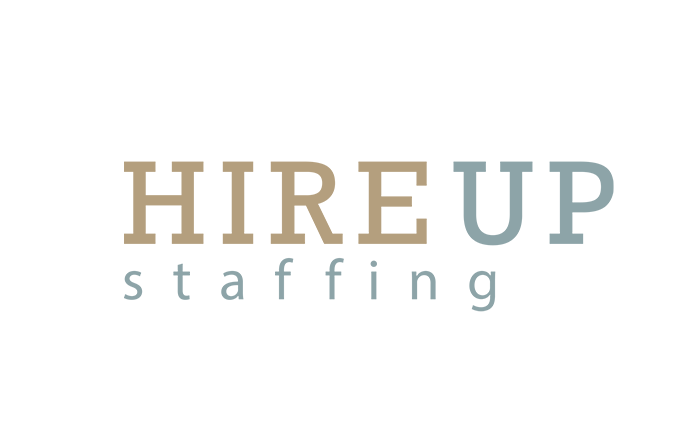
It’s known all over the world, Americans have that reputation of not taking enough time off from work. About half of the workforce actually do not take vacations! This is quite weird considering that paid vacation days exist, and is in fact one of the key bargaining points for many when applying for a job and negotiating their compensation. So, how come we don’t use it as much as we could and should?
There are many contributing factors, including but not limited to:
· We don’t want to come back with a backlog we will only drown in.
· Sometimes we believe no one else can do the job as well as we do.
· We don’t have the means to spend for a vacation.
· We believe that our bosses will take notice that we don’t go in the hopes of getting rewarded for it.
We all rightfully earn and deserve vacations, in addition to the fact that doing so provides countless benefits for our personal and professional lives. How on earth do we do this, asking for time off and actually getting it without putting your job at risk?
1. Know your job.
It’s common sense that if you’re going on vacation, you can’t really just abandon your post. It takes a bit of planning, so make sure to do your vacation during the slower times or seasons – this way you don’t come back with so much dumped in your to-do pile while you were away. Even more so, your team won’t resent that you’re gone and they’re left to pick up slack because you were on vacation.
2. Know the rules.
This varies in companies and teams – there will be internal rules you’ll have to follow and you should know them! Check your employee handbook to find out how far in advance you will need to notify and ask your employer permission for time off. Some offices allow a week’s notice, but most would ask for two or even three weeks in advance. A good rule of thumb is to ask as far in advance as possible, and write it down, including in your Outlook or Google calendar so supervisors know.
3. Know who’s covering you.
Just because you leave doesn’t mean the work stops. While you’re out, the rest of your team will still have to complete tasks, tend to clients, and create sales. As such, you will need to inform the rest of your team and supervisors as well, and if need be you will have to create and set a plan of action for them while you’re away, no matter if it’s 3 days or 3 week’s vacation.
4. Know that they can say “no.”
While most employers have no problem approving vacation and time off requests, there might be times your request may get denied. Never take it personally – it could be that you can take time off but not in the selected period you had in mind. So, before booking non-refundable tickets and other risky moves, get your request approved first. It goes to show that planning way ahead of time (see #2) really will get the ball in your court.
While each job and workplace is unique, these tips are mostly applicable regardless of the nature of your job. Just remember, you are a professional, and you should treat your employers with respect. If you do this, there’s no reason to deny you your earned time off.



